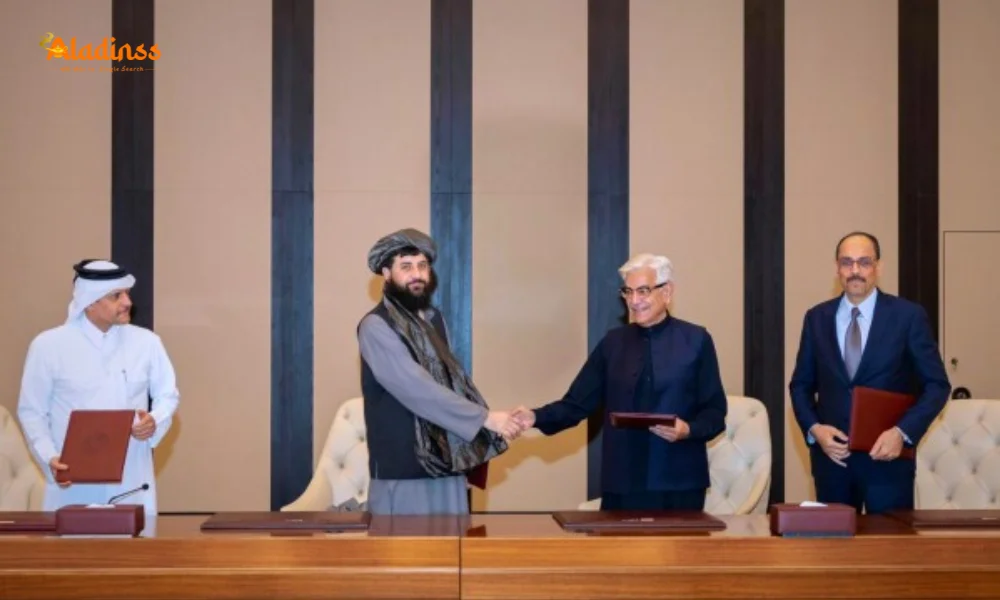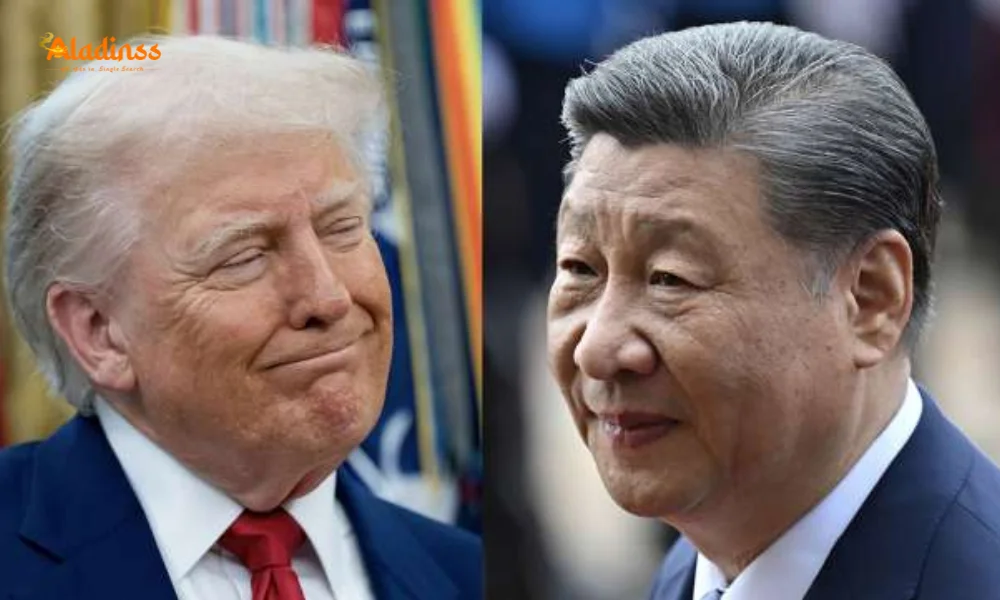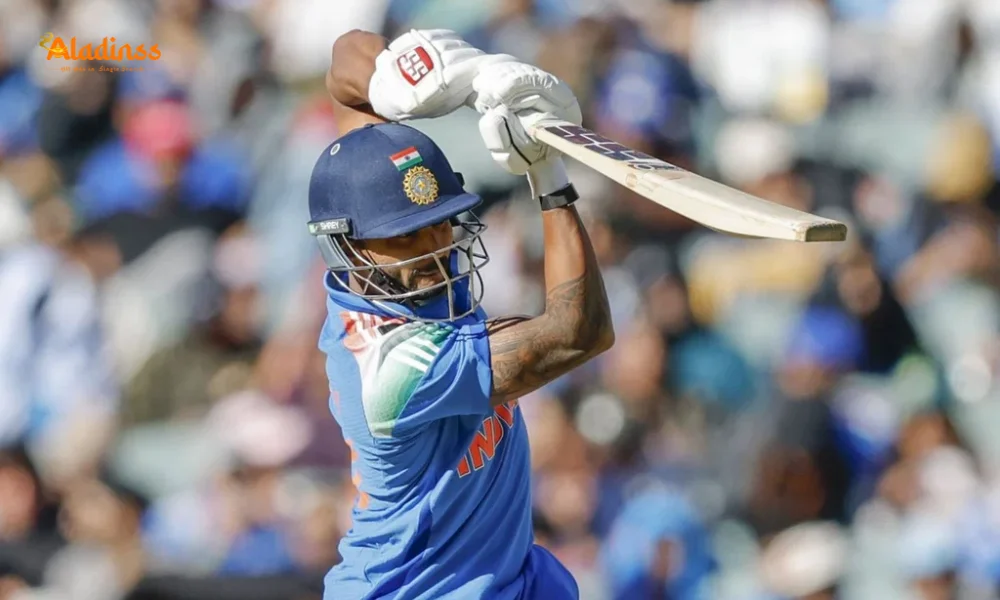Ex-CIA Officer Predicts Pakistan Will Lose War Against India: Shocking Claim Sparks Debate
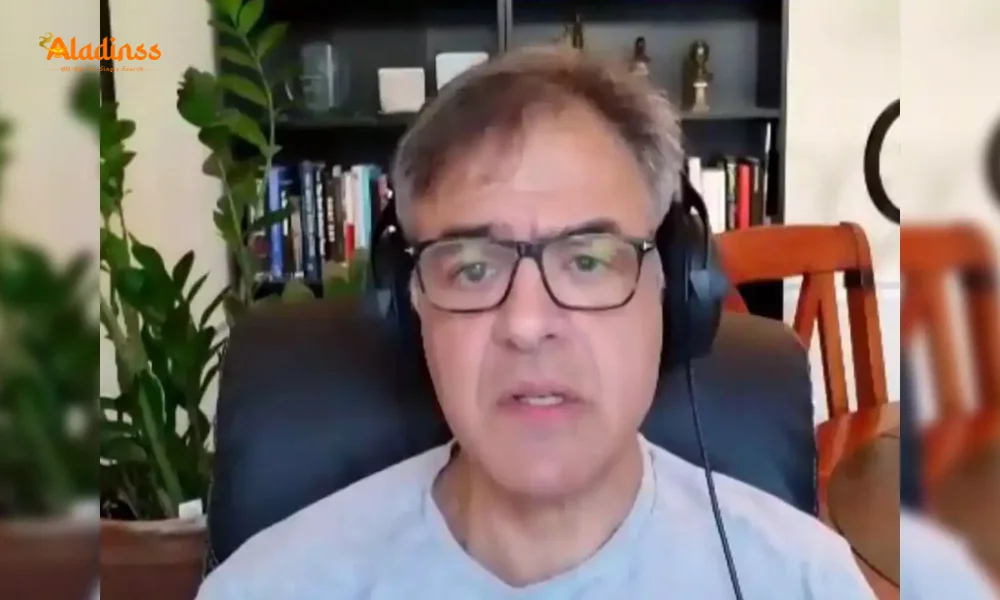
Ex-CIA Officer: Pakistan Would Lose Any Conventional War with India
In a startling revelation, former CIA officer John Kiriakou, who served for 15 years, has claimed that Pakistan would lose any conventional war against India. Speaking to ANI, Kiriakou, once the chief of CIA counterterrorism operations in Pakistan, emphasized that no good would come from a conflict between the two nations. He also disclosed a shocking detail from his time stationed in Pakistan in 2002: the Pentagon allegedly controlled Pakistan’s nuclear arsenal, a fact reportedly unknown to India at the time. These statements have reignited discussions about India-Pakistan relations and nuclear security.
Kiriakou’s remarks come amid ongoing tensions between India and Pakistan, particularly over cross-border terrorism. He highlighted India’s firm stance against Pakistan’s “nuclear blackmail,” noting that India has vowed a decisive response to any terror attacks. The former officer’s insights, drawn from his extensive experience in counterterrorism, shed light on the complex dynamics of the region, including the controversial role of Pakistan’s nuclear program and the influence of external powers like the United States.
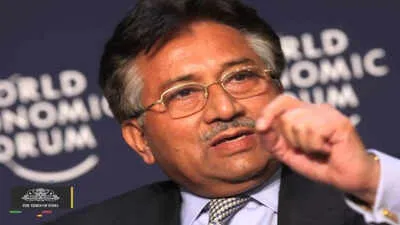
Pakistan’s Military Disadvantage in Conventional Warfare
John Kiriakou, who spent half of his CIA career in analysis and the other half in counterterrorism operations, was unequivocal in his assessment of a potential India-Pakistan conflict. “Nothing good will come of an actual war between India and Pakistan because the Pakistanis will lose. It’s as simple as that,” he told ANI. Focusing solely on conventional warfare, Kiriakou argued that Pakistan’s military capabilities are no match for India’s, citing India’s superior resources, technology, and strategic preparedness. He cautioned against Pakistan’s continued provocations, which he believes could lead to devastating consequences for the nation.
India’s military strength has been demonstrated in past operations, including the 2016 surgical strikes across the Line of Control (LoC) and the 2019 Balakot airstrikes targeting terror infrastructure. Kiriakou pointed to these actions as evidence of India’s resolve to counter terrorism decisively. He also referenced Operation Sindoor, which further showcased India’s ability to strike at terror launchpads with precision. These operations underscore India’s strategic advantage, making a conventional war a risky proposition for Pakistan, according to the former CIA officer.
Pentagon’s Alleged Control Over Pakistan’s Nuclear Arsenal
One of the most explosive claims made by Kiriakou was that during his tenure in Pakistan in 2002, he was informally told that the Pentagon had control over Pakistan’s nuclear arsenal. “I doubt the Americans ever told India that the control of Pakistani nukes also lies with the US,” he said, noting Pakistan’s public insistence that it maintains full control over its nuclear weapons. This revelation raises significant questions about the sovereignty of Pakistan’s nuclear program and the extent of U.S. influence in the region’s security dynamics.
Kiriakou suggested that this information was likely kept from India due to the sensitive nature of India-Pakistan relations. The claim, if true, could have profound implications for regional security, particularly given the long-standing nuclear rivalry between the two nations. Pakistan has often used its nuclear capabilities as a deterrent, but Kiriakou’s statement hints at external oversight that could limit its autonomy. This disclosure adds a new dimension to the ongoing debate about nuclear security in South Asia.
India’s Stance Against Nuclear Blackmail
Kiriakou highlighted India’s firm position against what he described as Pakistan’s “nuclear blackmail.” He noted that India has made it clear it will not tolerate threats or terror attacks backed by Pakistan’s nuclear posturing. India’s response to terrorism has been robust, with operations like the 2016 surgical strikes and the 2019 Balakot airstrikes demonstrating its willingness to act decisively. These actions targeted terror launchpads across the LoC, sending a strong message that India would respond to provocations with force.
Operation Sindoor, another significant counterterrorism effort, further showcased India’s proactive approach to dismantling terror infrastructure. Kiriakou’s remarks align with India’s stated policy of zero tolerance for terrorism, emphasizing that any escalation from Pakistan would meet with a strong and calculated response. This stance has bolstered India’s position as a regional power capable of defending its interests without succumbing to external pressures.
The Abdul Qadeer Khan Connection
During his time in Pakistan, Kiriakou worked alongside a colleague who dealt with issues related to Abdul Qadeer Khan, the Pakistani nuclear physicist known as the father of Pakistan’s nuclear program. Kiriakou revealed that the U.S. could have taken out Khan using an “Israeli approach” but refrained due to Saudi Arabia’s support for him. “The Saudis wanted him left alone,” Kiriakou stated, highlighting the geopolitical complexities surrounding Pakistan’s nuclear ambitions and the influence of external actors like Saudi Arabia.
Khan’s role in proliferating nuclear technology has been a contentious issue, with his actions raising concerns about the security of Pakistan’s nuclear arsenal. Kiriakou’s revelation about Saudi Arabia’s involvement adds another layer of intrigue, suggesting that Pakistan’s nuclear program has been shaped by a web of international interests. This underscores the challenges of managing nuclear risks in a region marked by historical rivalries and external interventions.
Kiriakou’s CIA Career and Whistleblowing
John Kiriakou’s insights carry weight due to his extensive experience within the CIA. He spent the first half of his career in analysis and the second half in counterterrorism operations, including a stint as the chief of counterterrorism in Pakistan. In 2007, Kiriakou gained international attention when he exposed the CIA’s torture program during a televised interview. This act of whistleblowing led to legal charges, which were later dropped, but it cemented his reputation as a figure willing to speak truth to power.
His experience in Pakistan provides a unique perspective on the region’s security dynamics. Kiriakou’s claims about the Pentagon’s control over Pakistan’s nuclear arsenal, though unofficial, raise critical questions about the transparency and autonomy of Pakistan’s nuclear program. His warnings about the futility of a conventional war further highlight the need for de-escalation and diplomacy in India-Pakistan relations.
Implications for India-Pakistan Relations
Kiriakou’s statements come at a time when India-Pakistan relations remain fraught, with cross-border terrorism continuing to strain ties. India’s proactive measures, such as the surgical strikes and Balakot airstrikes, have shifted the paradigm, signaling that it will not hesitate to respond to provocations. Kiriakou’s assertion that Pakistan would lose a conventional war underscores the asymmetry in military capabilities, urging Pakistan to reconsider its approach to regional tensions.
The alleged U.S. control over Pakistan’s nuclear arsenal, if verified, could alter the strategic calculus in South Asia. It suggests that Pakistan’s nuclear threats may carry less weight than publicly perceived, potentially emboldening India’s stance against terrorism. However, it also raises concerns about the lack of transparency in nuclear governance, which could complicate diplomatic efforts to stabilize the region.
As the debate over Kiriakou’s revelations continues, the focus remains on fostering peace and stability in South Asia. His warnings serve as a stark reminder of the catastrophic consequences of escalation, urging both nations to prioritize dialogue over conflict. The international community, particularly the U.S., must also play a role in ensuring transparency and accountability in nuclear security to prevent miscalculations that could lead to disaster.
Comment / Reply From
No comments yet. Be the first to comment!

